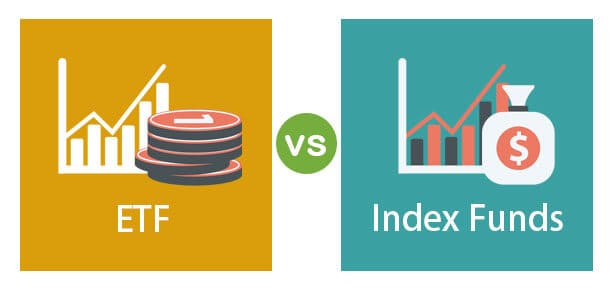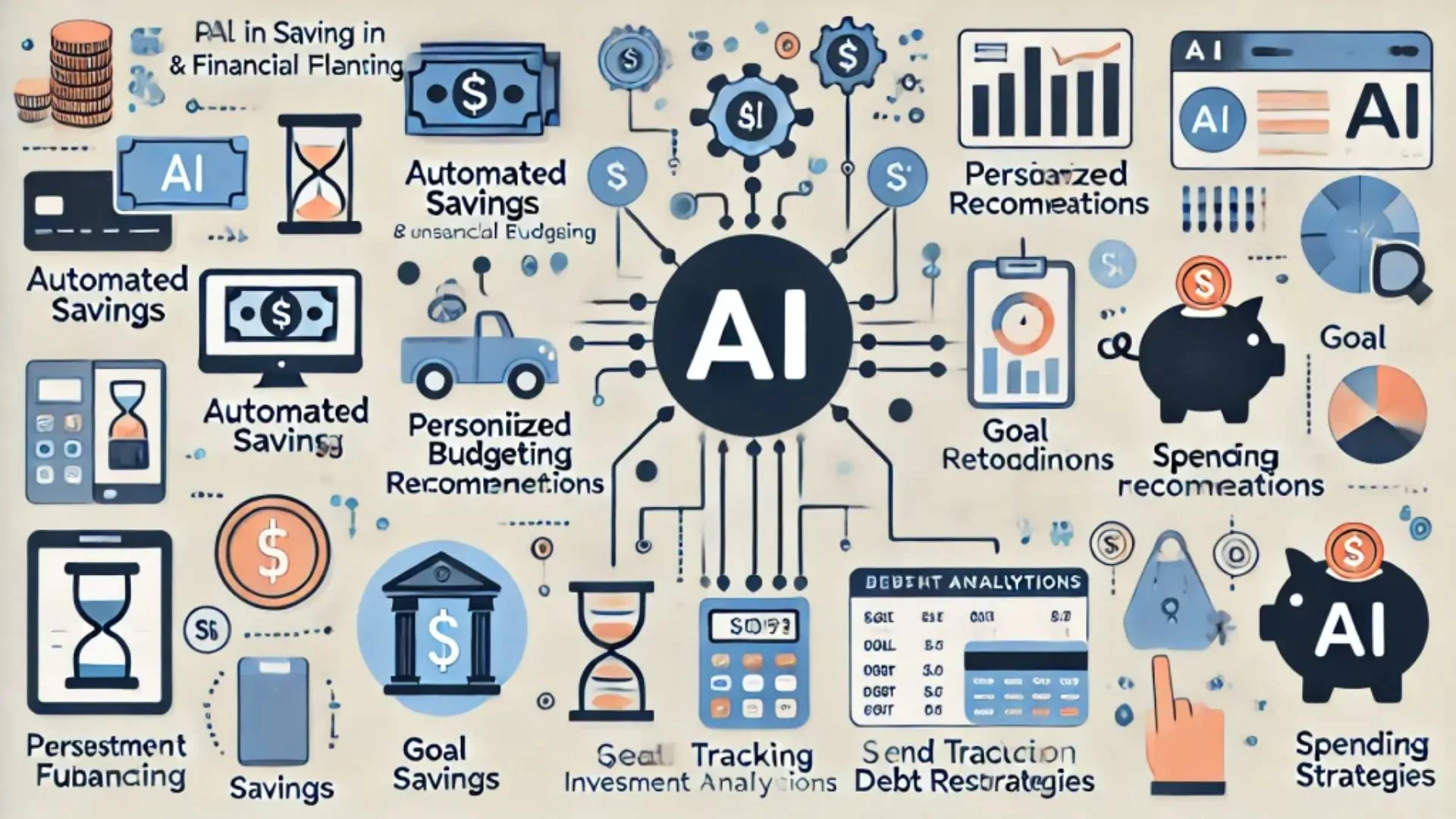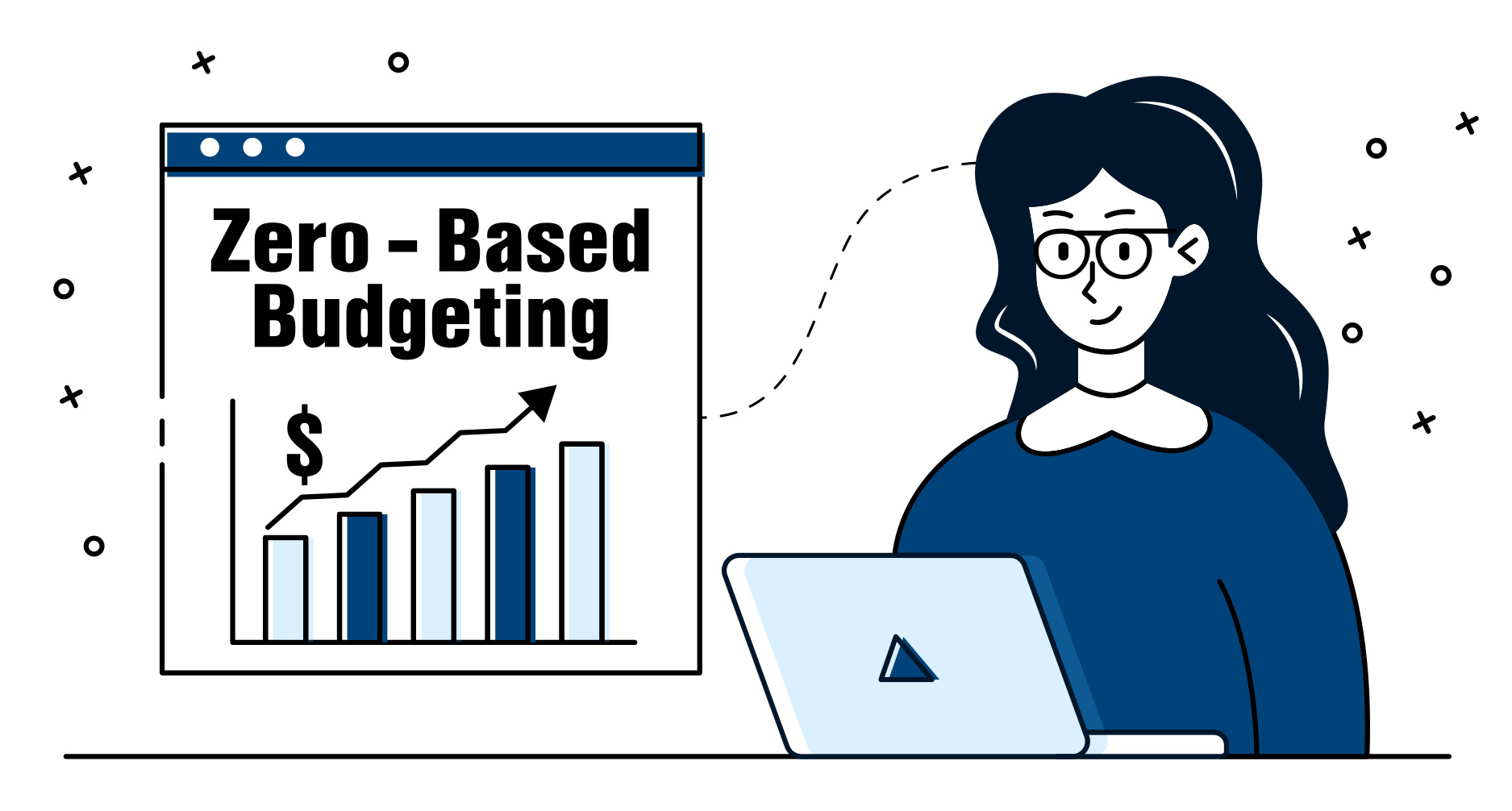You want to grow your wealth, but the world of investing feels confusing. Between index funds and ETFs, both promise simplicity, diversification, and steady returns but which is the smarter choice for long-term investors like you?
The answer depends on your goals, lifestyle, and how much control you want over your investments. This article breaks down index funds vs ETFs in plain English, helping you make a confident, data-driven decision for your financial future.
🧩 What Are Index Funds and ETFs?
1. What Is an Index Fund?
An index fund is a type of mutual fund that tracks a specific market index — such as the S&P 500 or Nasdaq-100. Instead of trying to beat the market, it mirrors it, providing passive investing exposure to a wide range of stocks or bonds.
- Managed: Passively by fund managers
- Trading: Bought or sold at the end of the trading day
- Minimum Investment: Often $1,000 or more
- Best For: Investors who prefer a “set it and forget it” strategy
2. What Is an ETF?
An Exchange-Traded Fund (ETF) is similar to an index fund — it also tracks a market index — but trades like a stock throughout the day.
- Managed: Passively or actively
- Trading: Bought and sold on stock exchanges anytime
- Minimum Investment: As low as one share
- Best For: Investors who want flexibility and lower fees
⚖️ Index Funds vs ETFs: A Side-by-Side Comparison
| Feature | Index Fund | ETF |
|---|---|---|
| Trading | End of the day (NAV price) | Anytime during market hours |
| Minimum Investment | Usually higher (e.g., $1,000) | Can start with one share |
| Fees (Expense Ratio) | Slightly higher | Generally lower |
| Tax Efficiency | Less tax-efficient | More tax-efficient |
| Automatic Investment | Yes | Not always available |
| Liquidity | Moderate | High |
| Ideal For | Hands-off, long-term investors | Flexible, cost-conscious investors |
💰 Key Differences Explained
1. Trading Flexibility
ETFs win in flexibility. You can buy and sell them anytime during market hours, just like stocks. This allows for intraday trading, stop-loss orders, and even margin trading.
In contrast, index funds are priced only once per day — great for simplicity, but less control.
2. Costs and Expense Ratios
Both index funds and ETFs are known for low expense ratios, but ETFs tend to be slightly cheaper. For example, Vanguard’s S&P 500 ETF (VOO) has a 0.03% expense ratio, while its index fund equivalent costs 0.04%.
👉 Over 20 years, that 0.01% difference can add up significantly for long-term investors.
3. Tax Efficiency
ETFs are generally more tax-efficient due to their “in-kind” creation and redemption process. This minimizes capital gains distributions.
Index funds, on the other hand, may trigger taxable events when the fund manager buys or sells securities.
4. Ease of Automation
Index funds make it easier to automate investments — perfect for those using a dollar-cost averaging strategy. ETFs require manual buying, though some brokers now offer automated ETF purchases.
5. Liquidity and Market Behavior
ETFs are more liquid and can respond to market fluctuations instantly. Index funds settle at the end of the day, shielding you from intraday volatility — a plus for disciplined, long-term investing.
📈 Performance: Do ETFs or Index Funds Earn More?
In the long run, performance between ETFs and index funds tracking the same index is nearly identical.
The difference usually lies in:
- Trading habits (active traders may erode ETF gains via frequent trading)
- Expense ratios
- Dividend reinvestment policies
If you’re a buy-and-hold investor, either option will perform almost the same — as long as you stick to low-fee, diversified funds.
🌍 Pros and Cons for Long-Term Investors
✅ Pros of Index Funds
- Easy to automate investments
- Great for beginners
- Minimal trading temptation
- Ideal for retirement or long-term goals
❌ Cons of Index Funds
- Slightly higher fees
- Less tax-efficient
- Only tradable at end-of-day NAV
✅ Pros of ETFs
- Lower fees and better tax efficiency
- Real-time trading flexibility
- Easier to diversify across sectors or regions
- Low minimum investment
❌ Cons of ETFs
- Harder to automate
- Price fluctuations during the day
- Trading fees (if not using commission-free platforms)
🧠 Which Is Better for Long-Term Investors?
The “better” choice depends on your investment behavior:
| Investor Type | Recommended Option | Why |
|---|---|---|
| Hands-off beginner | Index Fund | Simple automation and consistency |
| Active, cost-savvy investor | ETF | Lower fees and flexibility |
| Retirement investor (IRA/401k) | Index Fund | Automatic reinvestment and easy management |
| DIY investor using apps | ETF | Commission-free trading and instant liquidity |
Bottom Line: For most long-term investors, the best choice is the one that helps you stay consistent — not the one with the tiniest fee difference.
🔍 Real-World Example: Vanguard’s Dual Offering
- Vanguard 500 Index Fund (VFIAX) and Vanguard S&P 500 ETF (VOO) both track the same index — yet serve different investor needs.
- The ETF (VOO) offers lower costs and intraday trading.
- The Index Fund (VFIAX) offers automation and simplicity.
Despite structural differences, both returned over 10% average annualized gains in the last decade — proving the power of passive investing in long-term wealth building.
(Source: Vanguard Performance Reports, 2025)
🧭 How to Choose: A Step-by-Step Guide
Step 1: Define Your Goal
Are you saving for retirement, college, or financial freedom?
Long-term goals pair well with both ETFs and index funds — but automation helps keep you consistent.
Step 2: Check Your Platform
Some brokers (like Fidelity or Schwab) offer no-fee index funds, while others specialize in commission-free ETFs.
Step 3: Compare Expense Ratios
Even a 0.1% difference can cost thousands over decades. Always choose the lowest expense ratio available.
Step 4: Automate (If Possible)
If you prefer set-and-forget investing, go for index funds. If you like manual control, ETFs are ideal.
Step 5: Diversify
Don’t put everything in one index. Combine S&P 500 exposure with international ETFs, bond funds, or sector funds for balance.
❓ FAQ: Index Funds vs ETFs
1️⃣ What is safer: ETFs or index funds?
Both are safe long-term options if diversified. ETFs are more liquid, while index funds are simpler to automate.
2️⃣ Do ETFs perform better than index funds?
Performance is almost identical when they track the same index. Differences come from trading behavior and fees.
3️⃣ Which is more tax-efficient?
ETFs are generally more tax-efficient because of how they manage redemptions and rebalancing.
4️⃣ Can I automatically invest in ETFs?
Most brokers don’t support recurring ETF buys, but apps like M1 Finance and Fidelity are starting to offer it.
5️⃣ Which is better for beginners?
Index funds are ideal for beginners due to simplicity and ease of automation.
🚀 Conclusion: Build Wealth the Smart Way
When it comes to index funds vs ETFs, there’s no one-size-fits-all answer — only what fits your style.
If you prefer simplicity and automation, stick with index funds.
If you want flexibility and lower costs, choose ETFs.
Both options allow you to own the market, minimize fees, and grow wealth passively — a winning strategy for any long-term investor.
💡 Try our AI Automation agency here to make your company grow!
For more update Follow Eliteeratrends













Leave a Reply